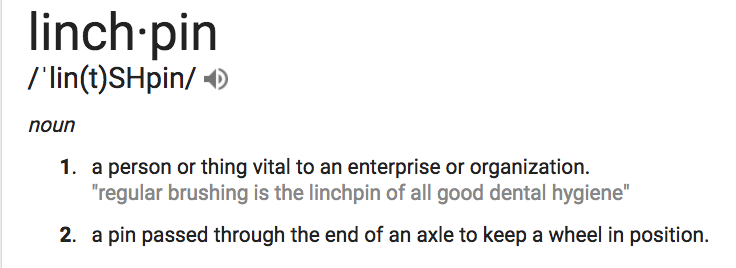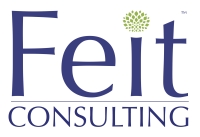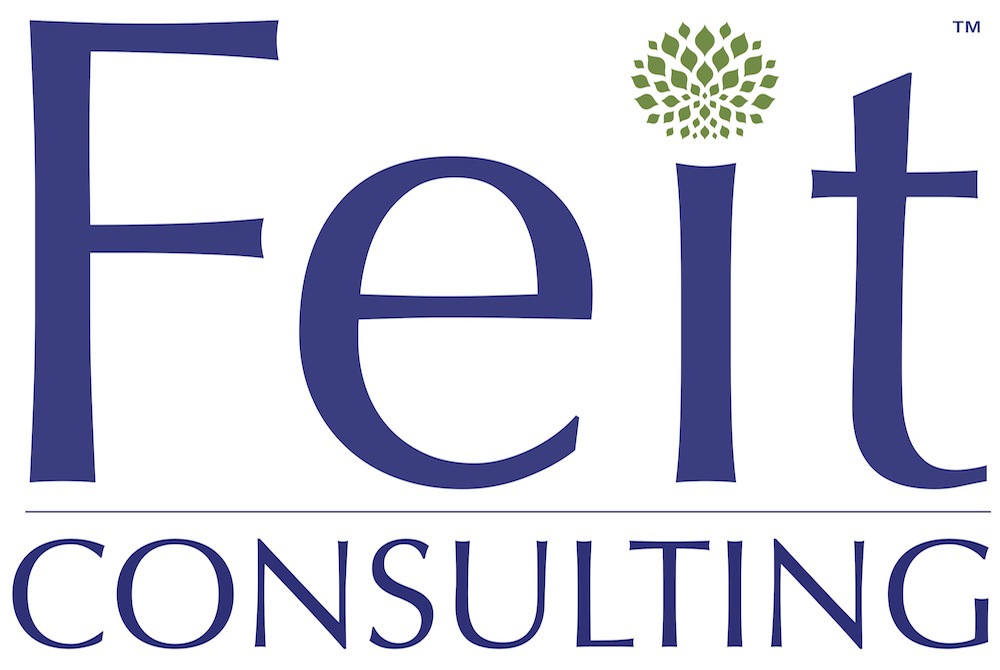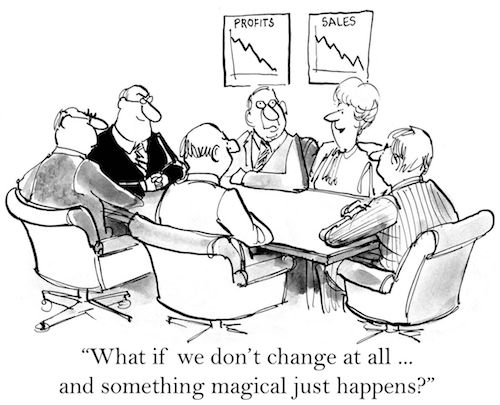
What We Learned at AALL: Transforming Knowledge Into Power
By Michael Feit | Librarians , Modern Law Library
The American Association of Law Libraries’ (AALL) conference this past year reminded us of our abilities, and more so the importance of transitioning from guardian of books to ‘linchpin librarians’.
Instead of guardians of books, it is time for librarians to become information brokers. Whether embedded in a practice group to support an attorney team or partnering with client development to support business development and increase revenue streams, take on the the linchpin mindset. High-level collaboration and interdepartmental support will break down librarian stereotypes as we work on building relationships within our organizations. Step outside your comfort zone.
In short, librarians need to showcase the true value they possess and can offer their organizations. The question now is, “How will you transform the knowledge and empowerment gained at AALL into action steps at your firm or organization?”
We revisited our checklist post AALL. Here are ways you can begin transforming knowledge into action:
- Brainstorm what new step(s) you can take to build high-level collaboration and interdepartmental support at your firm or organization.
- Determine the best avenues to grow your visibility within your organization.
- Ask yourself, “How can I change my habits? What can I do differently that offers value to my organization?”
- Plan a lunch or phone call with colleagues inside and outside your organization to brainstorm what cutting-edge solutions you can bring to your organization or firm.
- Reach out to your new networking contacts. Choose one each week with whom to connect.
- Develop a Conference Recap to show management the value of attending; highlight program sessions and vendor products that support current and potential organization/firm initiatives.
- Include conference benefits in the library’s annual report to Management.
At the core, librarians utilize knowledge and resources to answer questions and solve problems; and have a multitude of skills to offer value to their organizations – beyond performing legal research.





